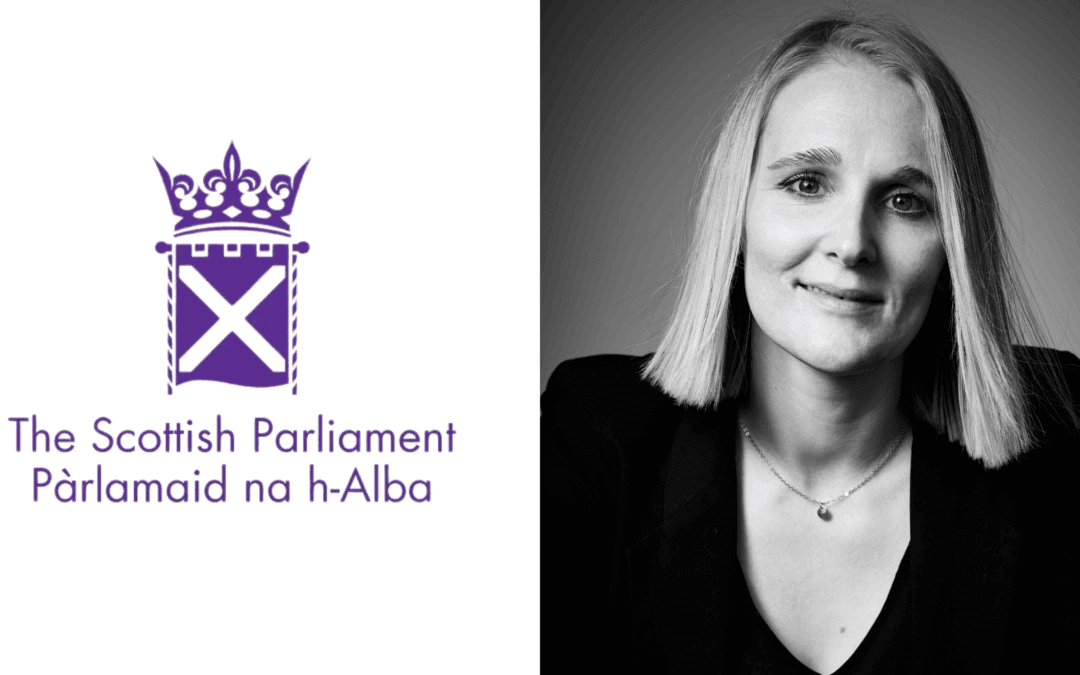British Beauty Council Hails Landmark Scottish Bill as a “Game-Changer” for Aesthetics Safety
The British Beauty Council today welcomed the introduction of the Non-surgical Procedures and Functions of Medical Reviewers (Scotland) Bill to the Scottish Parliament, branding it a pivotal moment for consumer safety and regulatory advancement within the UK’s thriving beauty and aesthetics sector.
The Bill, officially published on October 9th, sets out crucial new provisions designed to enhance public protection and elevate standards for certain non-surgical cosmetic procedures in Scotland. Its key measures include:
- Under-18 Ban: A complete prohibition on providing specified non-surgical procedures to individuals under the age of 18, addressing a long-standing call from safety advocates.
- Permitted Premises: Requiring higher-risk procedures to be performed exclusively in “permitted premises” – independent hospitals or clinics registered with Healthcare Improvement Scotland (HIS), and managed by regulated healthcare professionals.
- Strengthened Enforcement: Granting HIS additional powers for inspection and enforcement, ensuring compliance and accountability within the sector.
Victoria Brownlie MBE, Chief of Policy & Sustainability, commented: “This is a truly momentous day for the Scottish beauty industry and a significant step forward for consumer safety across the UK. The introduction of this Bill demonstrates the Scottish Government’s commitment to creating a safer, more transparent environment for non-surgical cosmetic procedures. We have consistently campaigned for robust, proportionate regulation, and this Bill is a game-changer, particularly with the vital ban on treating under 18s.”
The British Beauty Council has been at the forefront of advocating for improved standards and regulation within the aesthetics industry throughout the UK, working collaboratively with policymakers, industry stakeholders, and expert groups.
Particularly welcomed are enabling powers to allow Scottish Ministers to legislate further on vital areas such as training and qualification standards in the future. The Scottish Government also outlined its intention to establish a separate licensing scheme for lower-risk procedures under the Civic Government (Scotland) Act 1982, which will ensure that regulation and the requirements within it are proportionate to risk.
The Bill is expected to pass Parliament by May 2026. It will officially become an Act shortly after that date, following Royal Assent. The regulations it contains will then come into force on a separate, future date, yet to be determined.
The Council remains dedicated to working with the Scottish Government the development of the licensing scheme to ensure these next steps result in comprehensive, enforceable standards that protect both the public and reputable practitioners.
The Scottish Bill will serve as a powerful example for other nations within the UK, driving forward the collective goal of an effectively regulated and professionalised aesthetics industry.
For more news articles about the Council’s work on this topic, please see the stories below:




